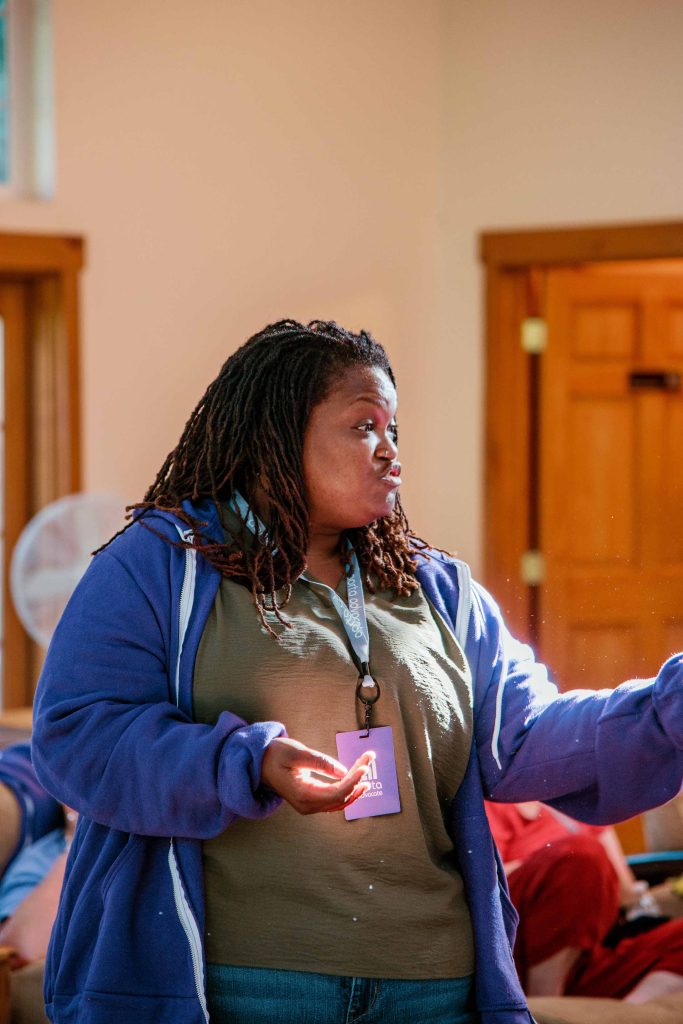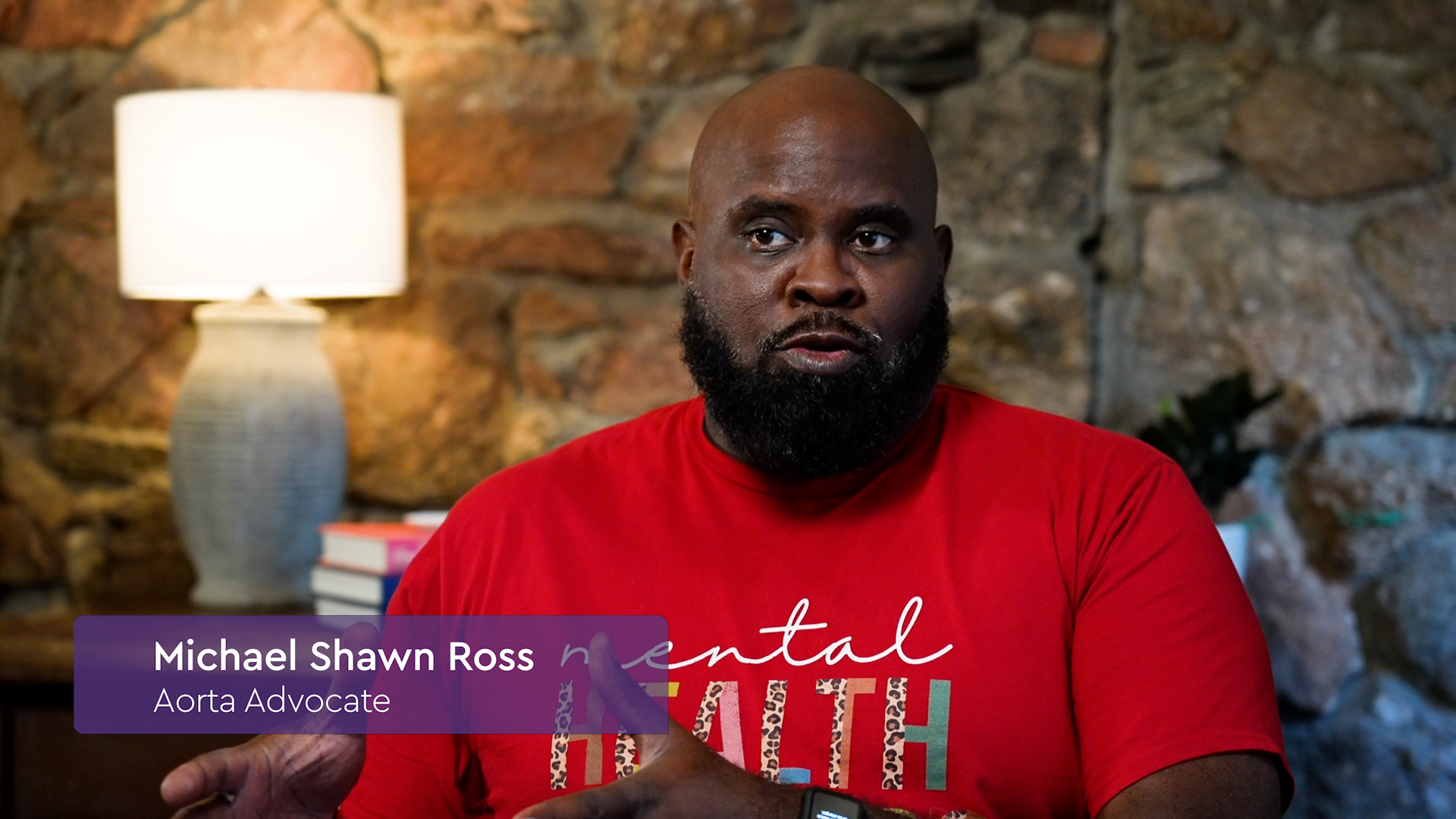Thoracic Aortic Disease
In the Black Community
Disproportionate Impact in Our Community
Black Americans suffer a higher aortic dissection mortality rate than any other racial or ethnic group in the United States.1 In fact, Black patients who present with aortic dissections do so on average almost a decade earlier than White patients.2, 3 Additionally, Black Americans face a higher burden of social and economic factors that can influence their care and diagnosis.
How To
Take Action
The risk of aortic dissection can be reduced. Black individuals are disproportionally affected by hypertension (also known as high blood pressure), which is the most common risk factor in aortic dissection. About 55% of Black people in the United States have hypertension. Measures you can take to prevent aortic dissection include screening for hypertension, knowing your family’s medical history, and proper management of your cardiovascular health. If you are living with a thoracic aortic aneurysm or dissection, it is important to keep your blood pressure well controlled and to continue regular surveillance with your aortic care team. Racial and ethnic minorities are also underrepresented in cardiovascular research. By increasing the diversity among research participants, we can ensure that research for the prevention and treatment of aortic dissection and its risk factors benefits people from all backgrounds.
Manage Cardiovascular Health
Get Informed
Know Your Family History
Participate In Research
Understanding Aortic Dissection
- Hypertension. Black individuals are disproportionally affected by hypertension (high blood pressure), which is the most common risk factor in aortic dissection. People who have been diagnosed with aortic disease need to work with their medical care team to monitor and control their blood pressure, which can include lifestyle changes (diet and exercise) or medication.
- Family History. About 20% of people with thoracic aortic aneurysm or dissection will have a first degree relative who also has aortic disease. First-degree relatives include parents, siblings, and children. Both men and women can be affected.
- Bicuspid Aortic Valve. 1%-2% of people are born with a congenital heart defect called a bicuspid aortic valve. This condition increases your risk of aortic dissection and requires lifelong monitoring.
- Genetic Aortic Conditions. Certain genetic conditions lead to a higher risk of aortic dissections. These can happen with or without a known family history. Read more information here.

The John Ritter Foundation can connect you with a peer who understands. You are not alone!
Ritter Rules
The Ritter Rules can help people of all racial and ethnic backgrounds learn to recognize, treat, and prevent thoracic aortic dissection.




Share your Story
Share your unique story with us by filling out the form below.
Watch Our Webinars
Check out our webinars on a variety of topics from exercise and surgery to genetic testing by clicking the button below.
2 Asfaw A, Ning Y, Bergstein A, Takayama H, Kurlansky P. Racial disparities in surgical treatment of type A acute aortic dissection. JTCVS Open. 2023;14:46-76. Published 2023 Feb 10. doi:10.1016/j.xjon.2023.02.002 3 Sorour AA, Kirksey L, Laczynski DJ, et al. Racial disparities in presentation and short-term outcomes for patients with acute type B aortic dissection. J Vasc Surg. 2022;75(6):1855-1863.e2. doi:10.1016/j.jvs.2022.01.010





